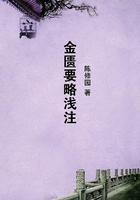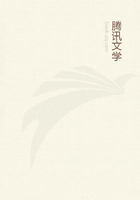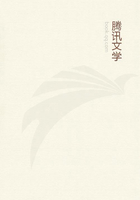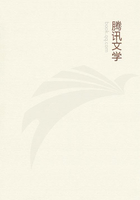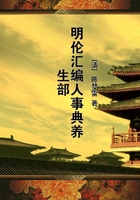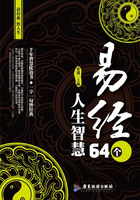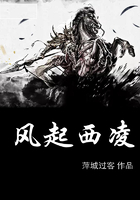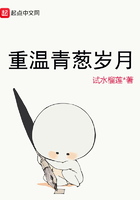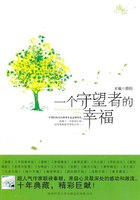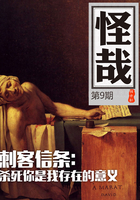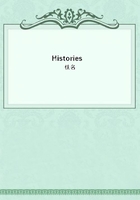In Colombia a financial crisis had been approaching ever since the price of coffee, cocoa, and other Colombian products had fallen in the European markets. This decrease had caused a serious diminution in the export trade and had forced gold and silver practically out of circulation. At the same time the various "states" were increasing their powers at the expense of the federal Government, and the country was rent by factions. In order to give the republic a thoroughly centralized administration which would restore financial confidence and bring back the influence of the Church as a social and political factor, a genuine revolution, which was started in 1876, eventually put an end to both radicalism and states' rights. At the outset Rafael Nunez, the unitary and clerical candidate and a lawyer by profession, was beaten on the field, but at a subsequent election he obtained the requisite number of votes and, in 1880, assumed the presidency. That the loser in war should become the victor in peace showed the futility of bloodshed in such revolutions.
Not until Nunez came into office again did he feel himself strong enough to uproot altogether the radicalism and disunion which had flourished since 1860. Ignoring the national Legislature, he called a Congress of his own, which in 1886 framed a constitution that converted the "sovereign states" into "departments," or mere administrative districts, to be ruled as the national Government saw fit. Further, the presidential term was lengthened from two years to six, and the name of the country was changed, finally, to "Republic of Colombia." Two years later the power of the Church was strengthened by a concordat with the Pope.
Venezuela on its part had undergone changes no less marked. Aliberal constitution promulgated in 1864 had provided for the reorganization of the country on a federal basis. The name chosen for the republic was "United States of Venezuela." More than that, it had anticipated Mexico and Guatemala in being the first of the Hispanic nations to witness the establishment of a presidential autocracy of the continuous and enlightened type.
Antonio Guzman Blanco was the man who imposed upon Venezuela for about nineteen years a regime of obedience to law, and, to some extent, of modern ideas of administration such as the country had never known before. A person of much versatility, he had studied medicine and law before he became a soldier and a politician.
Later he displayed another kind of versatility by letting henchmen hold the presidential office while he remained the power behind the throne. Endowed with a masterful will and a pronounced taste for minute supervision, he had exactly the ability necessary to rule Venezuela wisely and well.
Amid considerable opposition he began, in 1870, the first of his three periods of administration--the Septennium, as it was termed. The "sovereign" states he governed through "sovereign"officials of his own selection. He stopped the plundering of farms and the dragging of laborers off to military service. He established in Venezuela an excellent monetary system. Great sums were expended in the erection of public and private buildings and in the embellishment of Caracas. European capital and immigration were encouraged to venture into a country hitherto so torn by chronic disorder as to deprive both labor and property of all guarantees. Roads, railways, and telegraph lines were constructed. The ministers of the Church were rendered submissive to the civil power. Primary education became alike free and compulsory. As the phrase went, Guzman Blanco "taught Venezuela to read." At the end of his term of office he went into voluntary retirement.
In 1879 Guzman Blanco put himself at the head of a movement which he called a "revolution of replevin"--which meant, presumably, that he was opposed to presidential "continuism," and in favor of republican institutions! Although a constitution promulgated in 1881 fixed the chief magistrate's term of office at two years, the success which Guzman Blanco had attained enabled him to control affairs for five years--the Quinquennium, as it was called. Thereupon he procured his appointment to a diplomatic post in Europe; but the popular demand for his presence was too strong for him to remain away. In 1886 he was elected by acclamation. He held office two years more and then, finding that his influence had waned, he left Venezuela for good. Whatever his faults in other respects, Guzman Blanco--be it said to his credit --tried to destroy the pest of periodical revolutions in his country. Thanks to his vigorous suppression of these uprisings, some years of at least comparative security were made possible.
More than any other President the nation had ever had, he was entitled to the distinction of having been a benefactor, if not altogether a regenerator, of his native land.

